Director of the Institute, teacher of basic studies and Dravyaguna.
Atreya is a Sanskrit name that means the ’son of Atri’ or the ’linage of Atri’. Atri is one of the seven immortal Rishis in Vedic literature. Atreya also means ’transcending the three worlds’. The three worlds are metaphors for past, present and future; heaven, hell and earth; and any symbolism of the basic trinity of life.
Historically Atreya is a great Rishi. He is not only an enlightened being but he is a social revolutionary as well. The main subject that he revolutionized was the medical system of Ayurveda. Atreya put Ayurveda into the system that we have today. Most historians agree that his is the older school of the two main schools of Ayurveda. Atreya’s student wrote the oldest classical text of Ayurveda - the Caraka Samhita.
Atreya caused the ’powers that be’ considerable upset during his time. He began a new presentation of Ayurveda and held formal teachings with his students - many of whom where famous or powerful in their own right.
The name Atreya was given to me by my Guru and teacher HWL Poonjaji. From my first encounter with him in August 1991 I began to speak to him of my work and interest in the science of Prana healing. In the summer of 1992 he gave me the name Atreya and pushed me ever so gently to study Ayurveda deeper, the ancient healing science of Indian.
To have this name is responsibility. I am an ordinary person and am hardly able to live up to the greatness of the name or the lineage of the Atri family. However, I must respect and honor the wisdom of my teacher and strive to live up to the name as best I can. Often guru’s give us names as an inspiration and as a guiding star. We must never assume that we are the name, but use it to guide and inspire us in our evolution of re-identification to the Divine. In this sense the name is not more baggage of identifying with mind and body, but rather an aid to break all identifications.
I was born near Los Angeles in Santa Monica, California on December 22, 1956. I have spent the last 43 years studying / practicing meditation. I have a special love for the Upanishads and other Vedantic literature.
I began to meditate at the age of seventeen and was led into the Indian tradition through the writings of Ram Dass and his Guru Neem Kroli Baba. I studied with the Vedanta Society of America in Portland, Oregon for several years from 1976-1977. In early 1982 at the age of 25 I took sanyas in a non-traditional order and lived the next 10 years in Ashrams in the USA and in India. In all I have lived over 6 years in India primarily studying and practicing meditation. I am a terrible tourist. I have seen a few cities in India and been to source of the Ganga once on a 350cc Enfield (at least until the landslides covered the road).
It was while living in an Ashram in India that I began to learn Prana healing as explained in my first book Prana. I left that group in 1990 and in the summer of 1991 - though extraordinary circumstances - I met my current Guru (see www.poonja.com). I began to live next to him as he had no ashram or organization. He lived with two people in one of his children’s houses when I met him. While living next to him in north India I began to study Ayurveda with different doctors in Lucknow, Uttar Pradesh and the surrounding area. Learning Ayurveda is greatly accelerate by understanding the Indian culture and tradition. Meditation is also a key factor in learning Ayurveda, especially diagnosis.
I have now been practicing natural medicine as a professional since 1987. I began with massage therapies, learned prana healing, studied herbal therapies for many years and exclusively Ayurveda since 1990. I have seen thousands of clients over the years - mostly women (of course they are usually smarted and faster than men!) and have shared some of my clinical experience in writing. I have written six books on the healing traditions of India and three text books for schools of Ayurveda in the West. In my writings and in my practice with clients I strive to adapt Ayurveda to the culture, psychology and environment that I am addressing at the moment. I live in Europe where I use primarily European plants and herbs in my practice. I use only Western foods and terminology in my practice and most of all I never give more than what a client can absorb mentally and physically at any one time.
There is a great need to adapt Ayurveda to our individual environments and situations while remaining true to the system. The failure to adapt Ayurveda to your local culture will result in mediocre, mixed results, or even failure. If you live in a desert environment like Arizona or North Africa then the same advise you read will need to be adapted differently in Montana or Northern Europe. The primary lesson that I am learning from years of practicing Ayurveda is to use intelligence in understanding the reasons behind any therapy or treatment. It is now 30 years since I began to work professionally with people in the healing arts.
Curriculum Vitae
Education:
2005 - Awarded title of Vaidya (Ayurvedic doctor) Varanasi, India
2003 - Bachelor of Science from Trinity College in Natural Science
2000 - diploma for advanced clinical studies in Ayurveda from ’Indian Council for Ayurveda Promotion’, New Delhi, India
1998 - diploma in Ayurveda, American Institute of Vedic Studies, Santa Fe, USA
1987 - 1994, Lived in India studying traditional Indian medicine (Ayurveda) in Pune, Maharastra and Lucknow, UP. Additionally, personal study with the following doctors in their clinics:
Swami Prem Ananad, Ayurvedic massage
Swami Chidvilas, yogic healing, pranic healing and pranayama
Dr. S. Gupta, head consulting doctor for Baidyanath Ayurved Bhawan, Lucknow, UP, India
Dr. Rasik, expert in Dravyaguna (pharmacology), Lucknow UP, India
Prof. K.C. Chunekar, retired head of Dravyaguna (pharmacology) at BHU, Varanasi, UP, India
1984 - 1986, Study of massage and naturopathy in USA
1981-1982, University of California at Santa Cruz
1981, University of Hawaii, Hilo
1975 - High School diploma, San Clemente, California
Professional:
Present – 2004, Teacher for Ayurvedpoint, Italy
Present – 2004, Teacher for Academy of Ayurvedic Studies, The Netherlands
Present – 1998, director, teacher and founder of European Institute of Vedic Studies (EIVS), Switzerland for the promotion of ancient Indian culture and health care (Ayurveda) through courses and publications
2002- 2012, editor in chief for ’Editions Turiya’ a publishing company devoted to publications of Indian culture, medicine (Ayurveda) and
philosophy.
1998 - 2013, director, teacher and founder of "Institute Européen d’Etudes Védique" (European Institute of Vedic Studies), France for the promotion of ancient Indian culture and health care (Ayurveda) through courses and publications (closed as of June 30th 2013).
1998-2001, worked as an independent teacher in France, UK and Switzerland training adults in traditional Indian health care (Ayurveda).
1995-1998, teacher for several schools of natural medicine in Europe including: Tao Chi School of Chinese medicine, Switzerland
1982-1994, Lived in ashrams in US and India
1976-1982, worked as estimator and office assistant
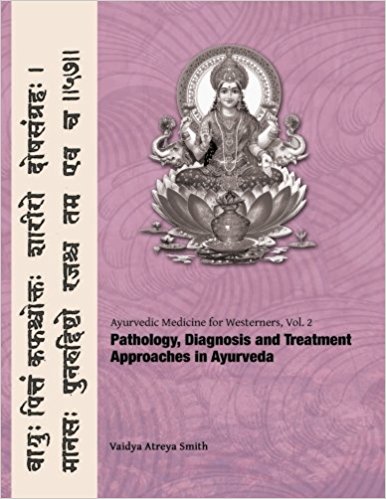


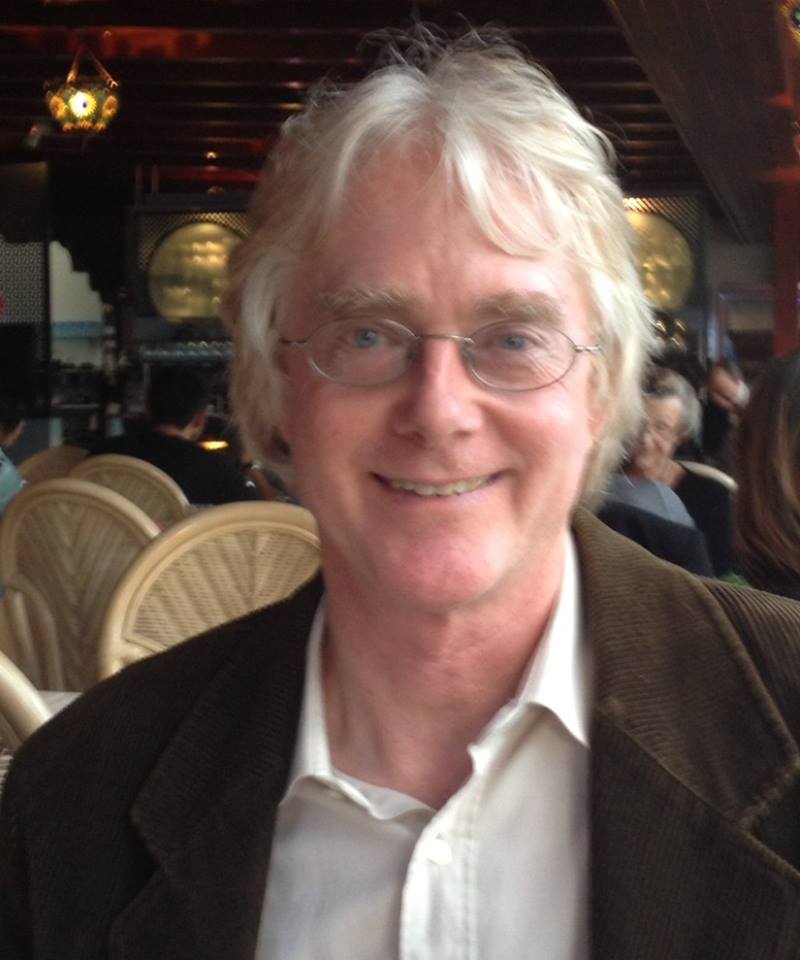

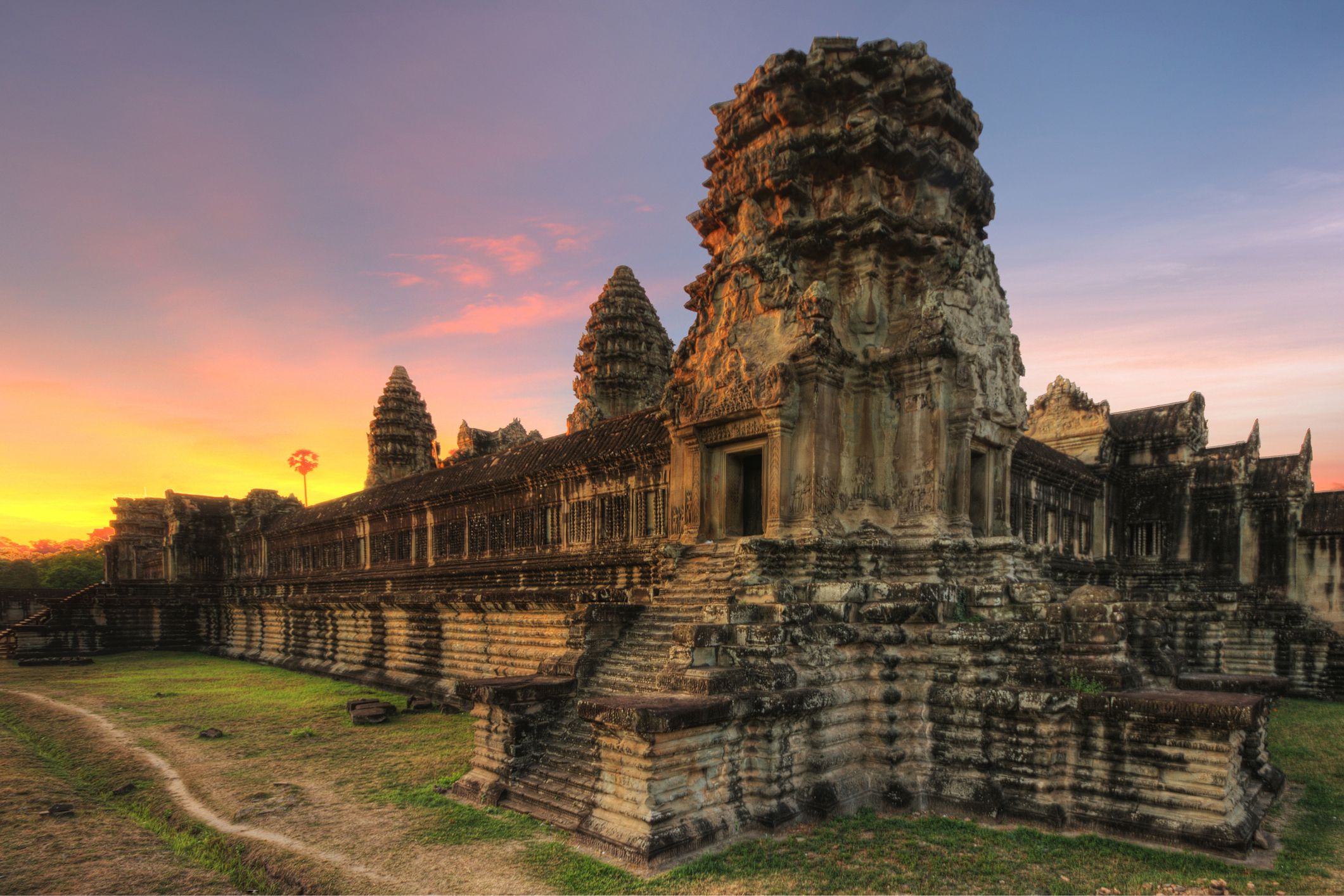
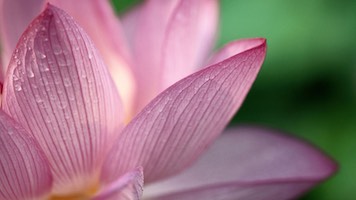
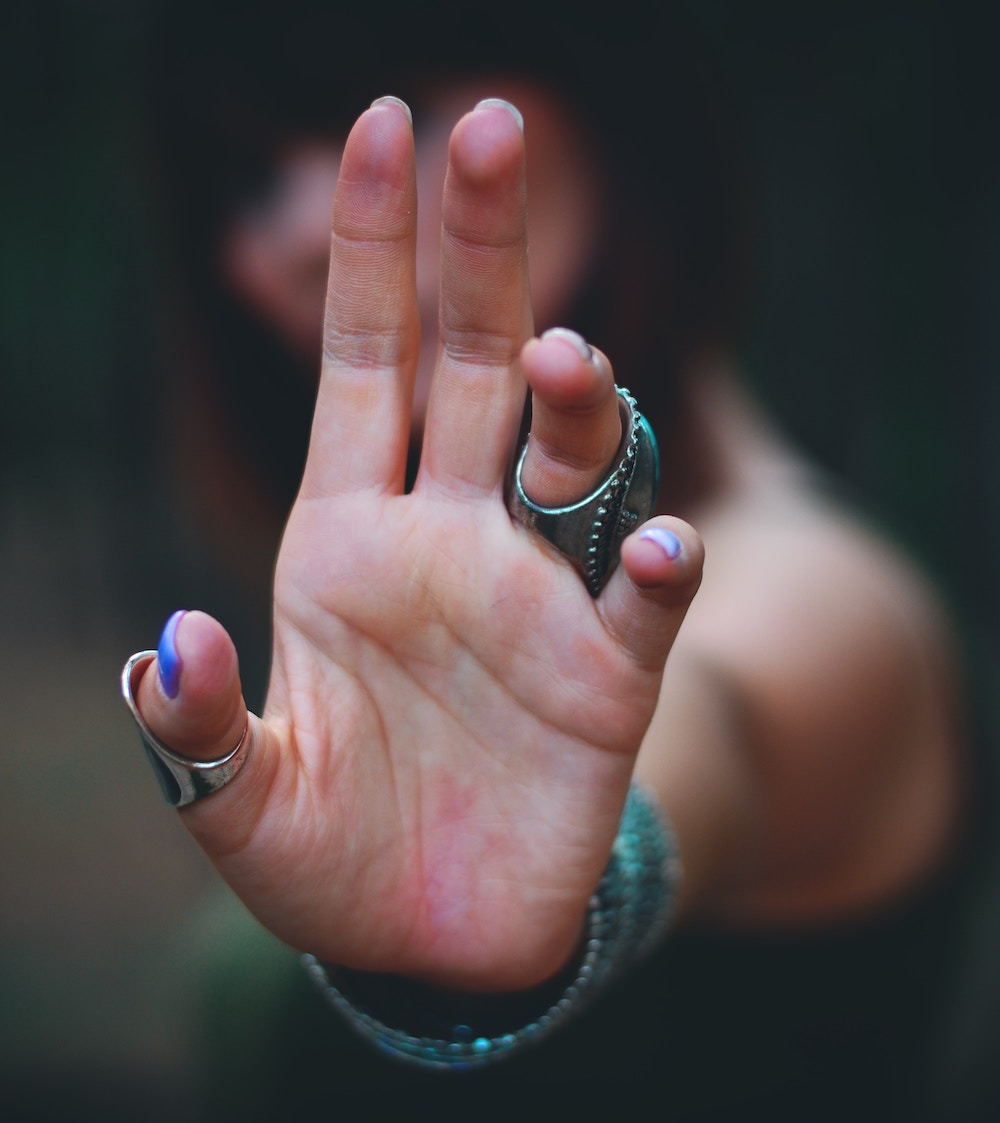


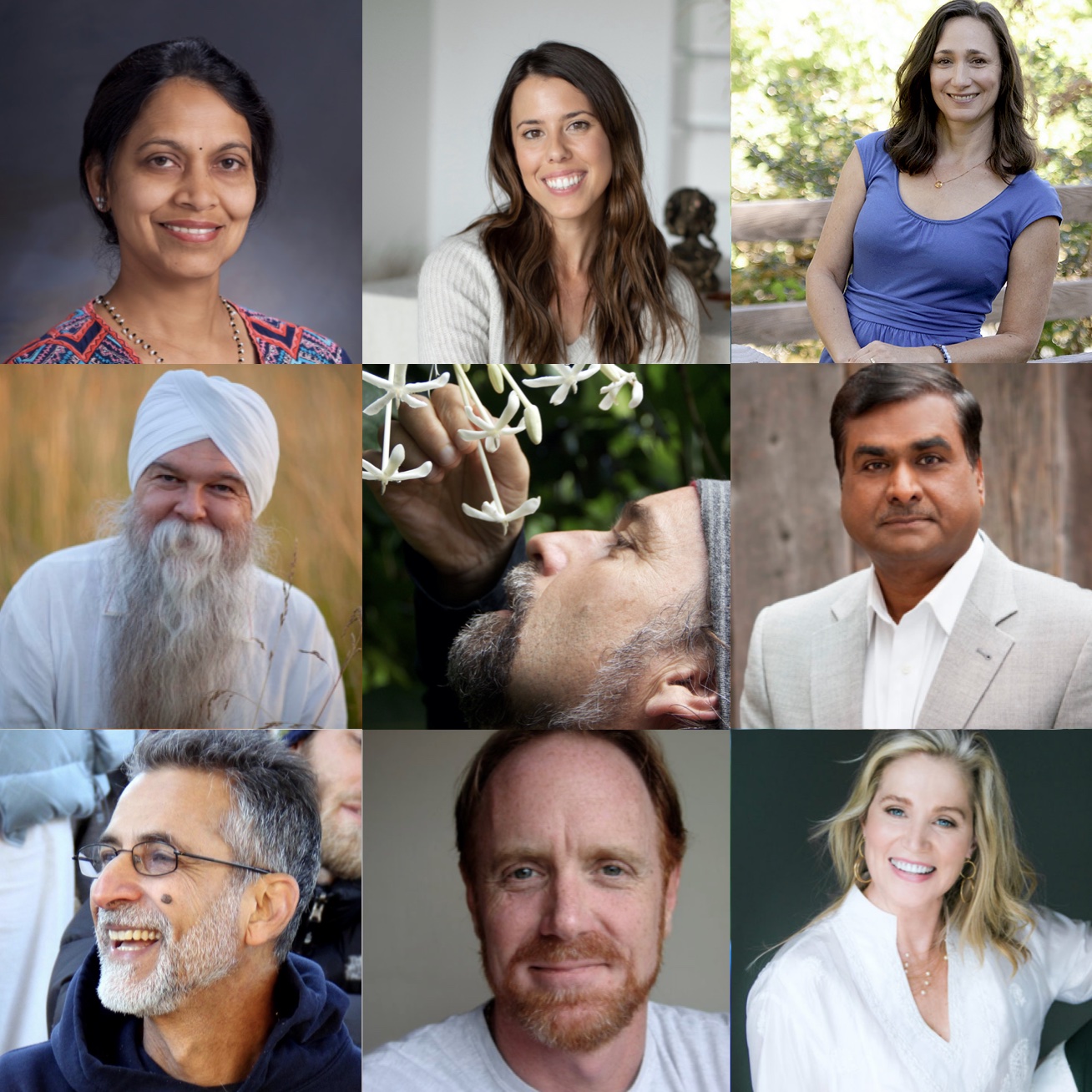
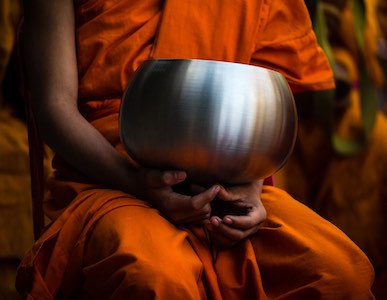
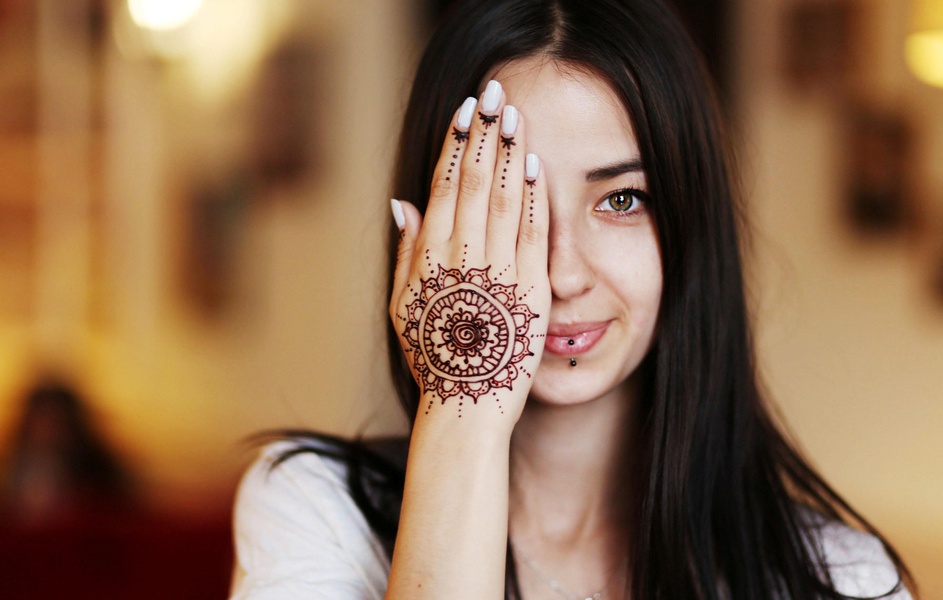

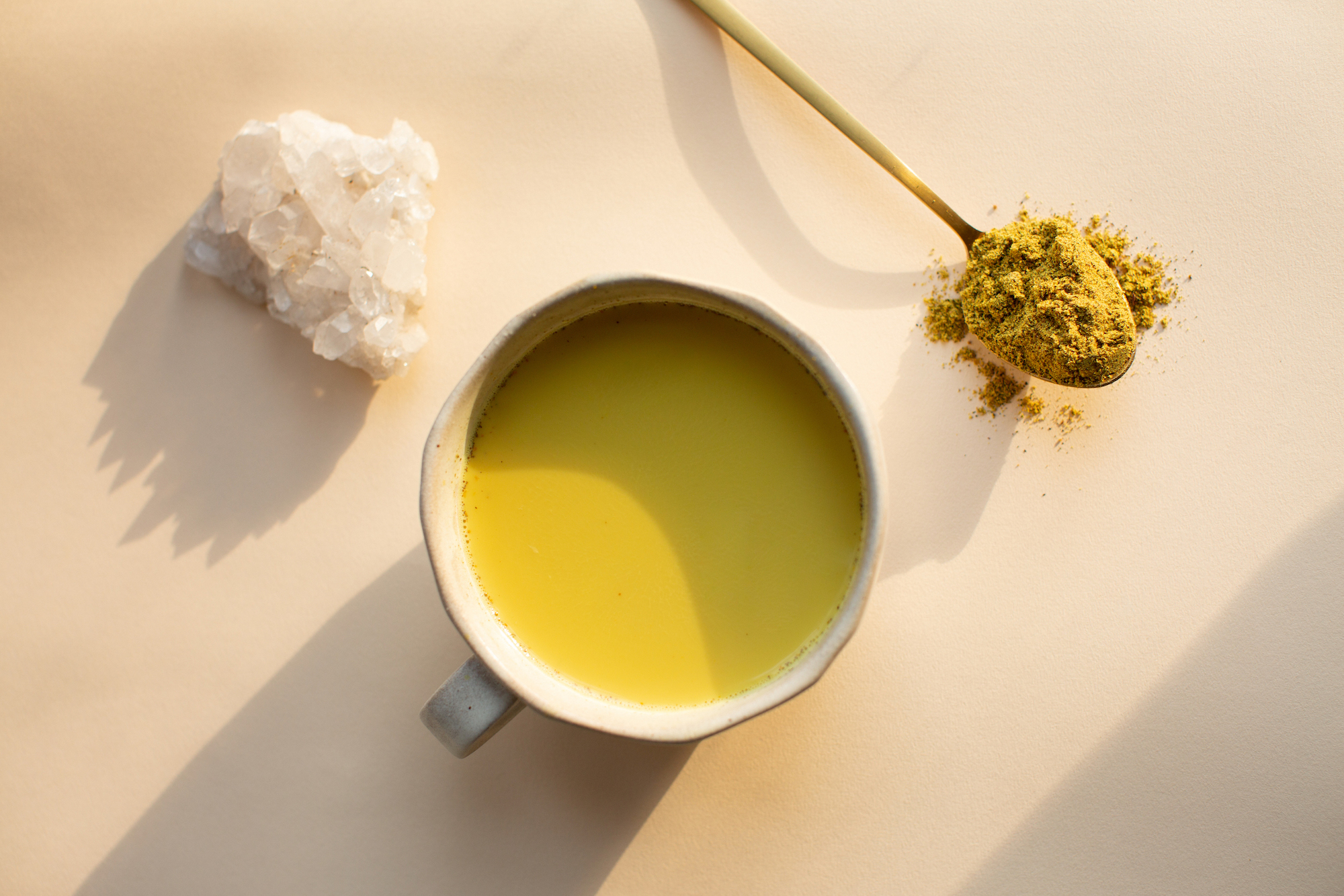
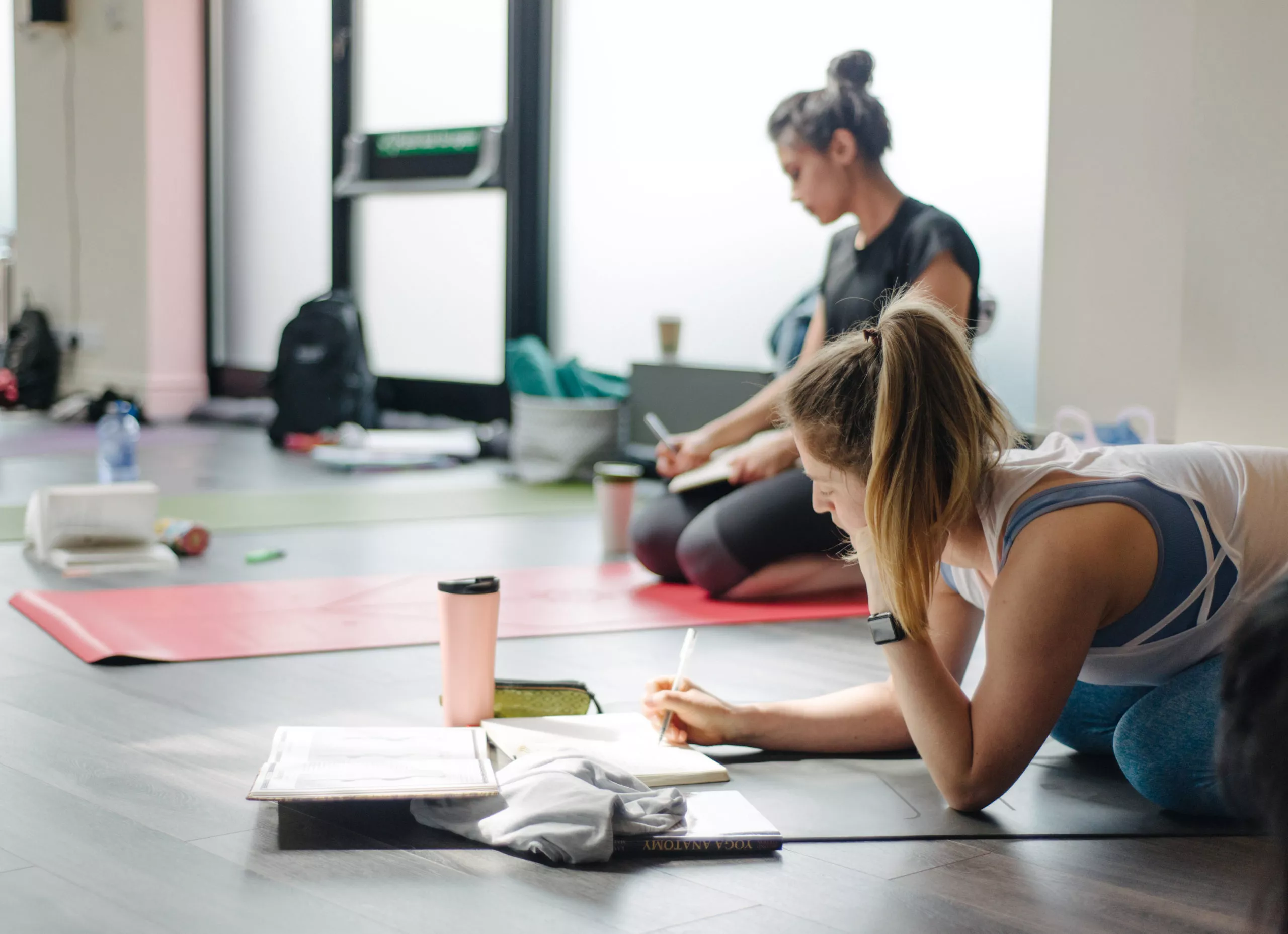

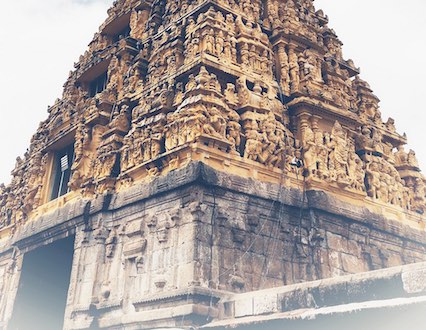

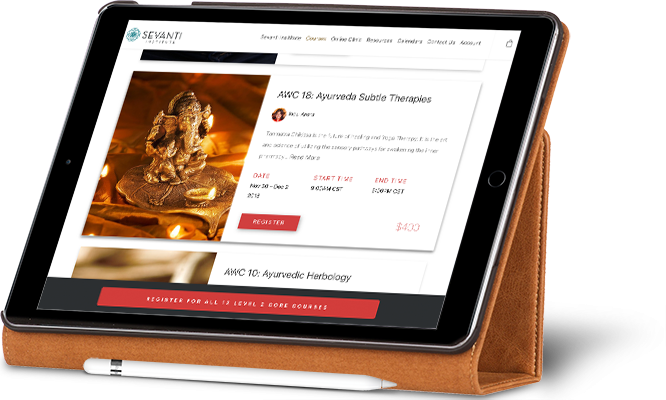


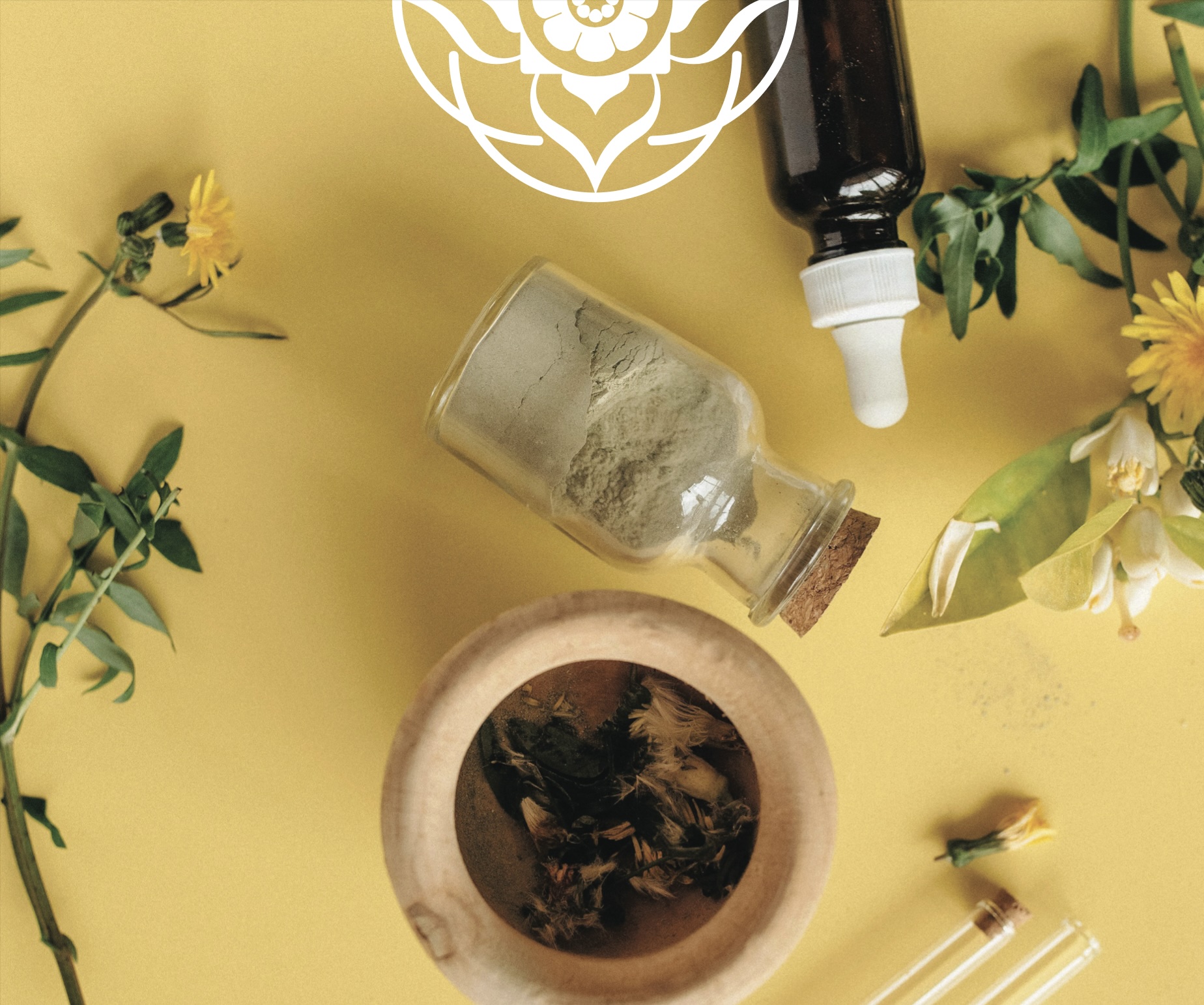




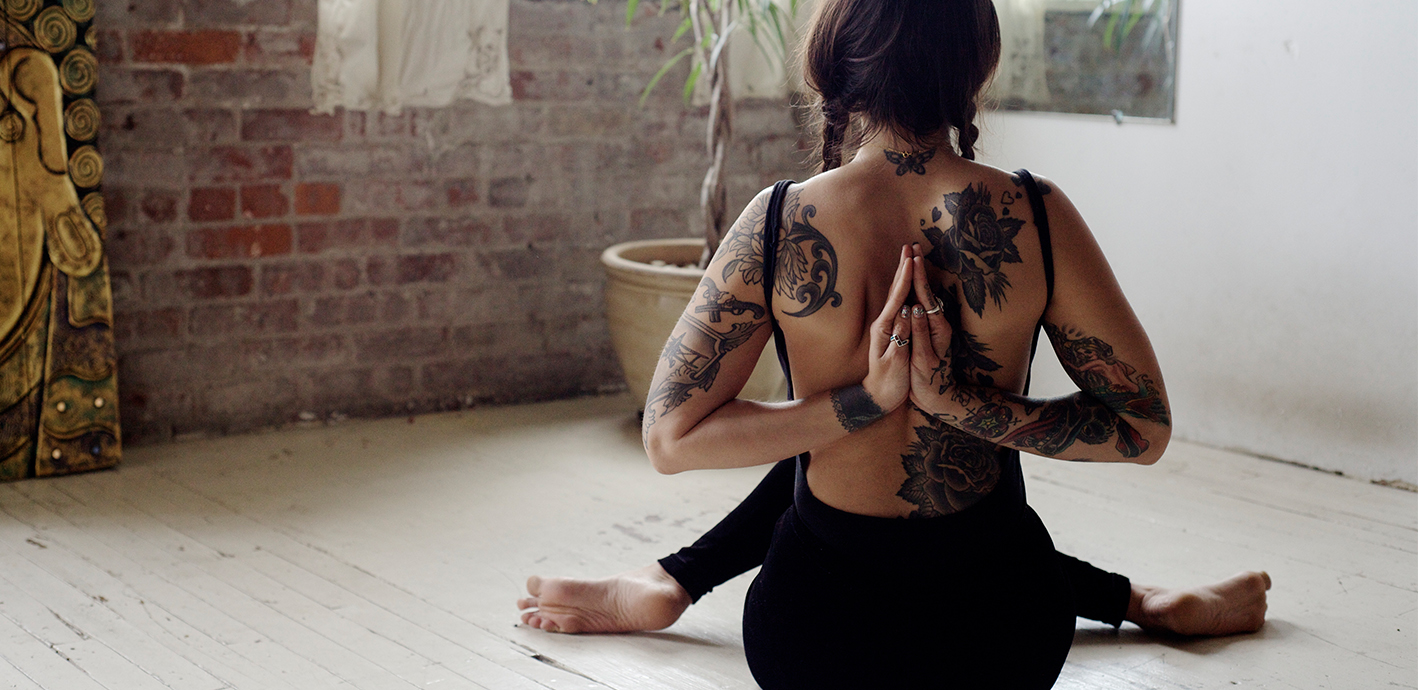

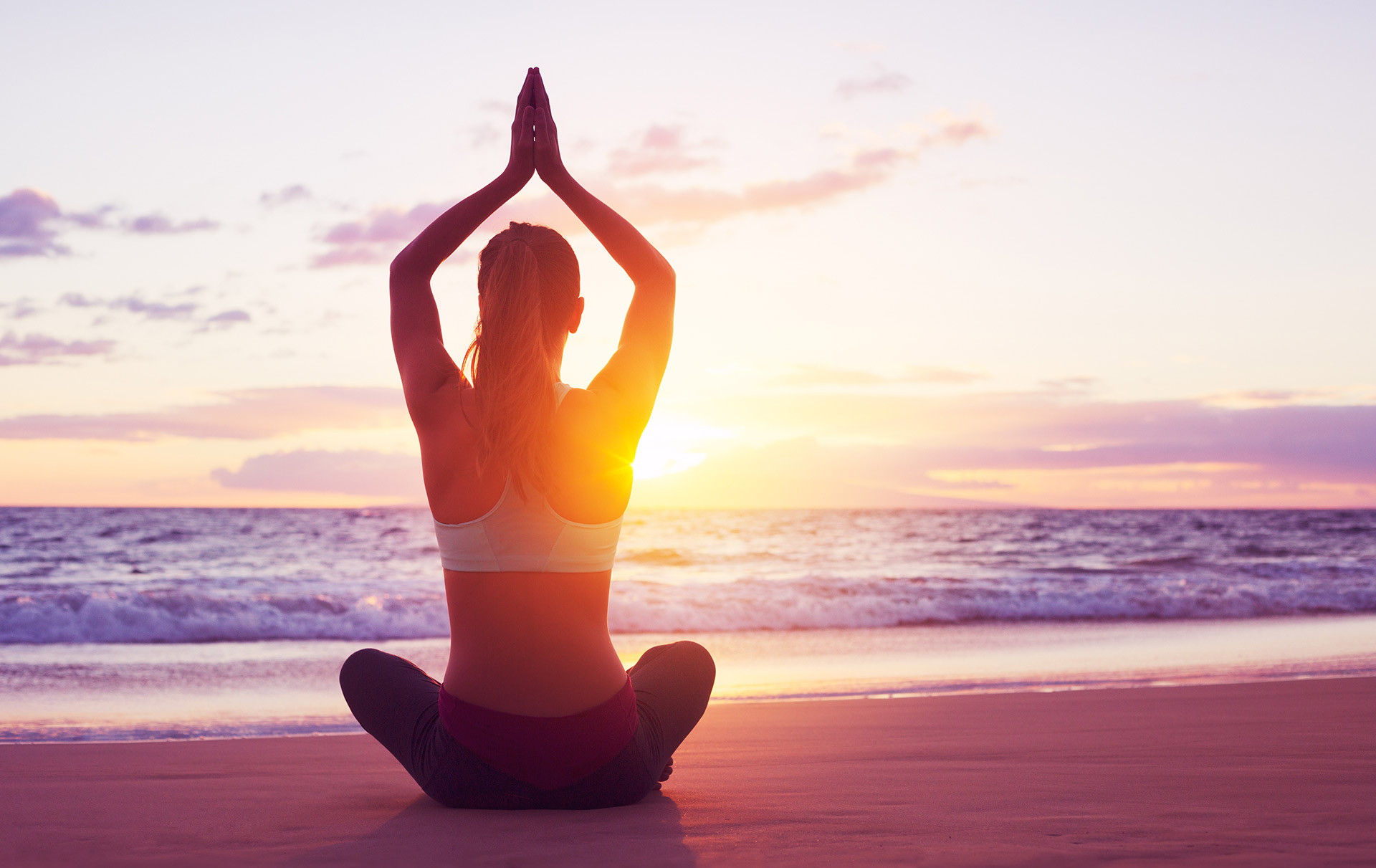

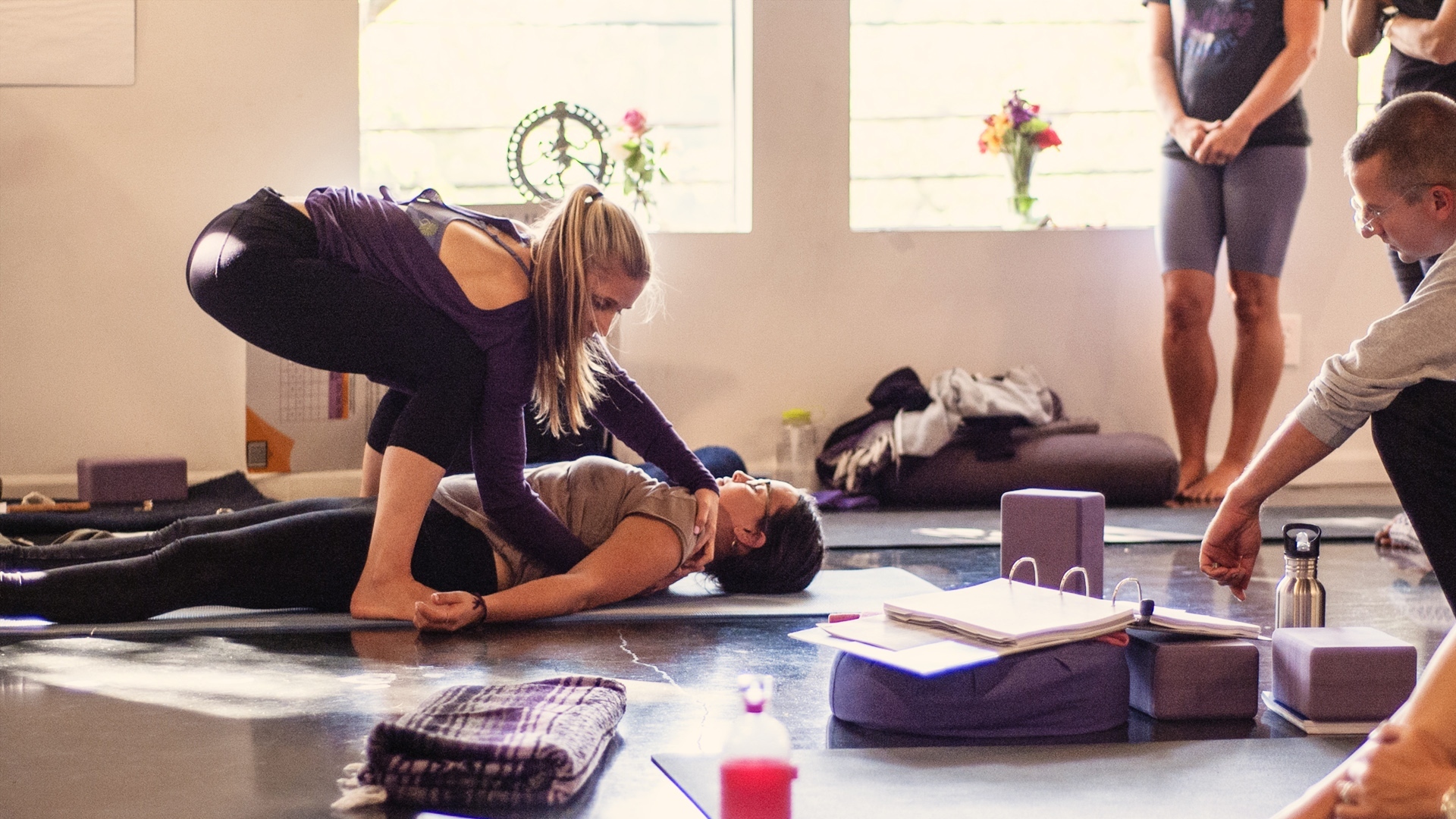
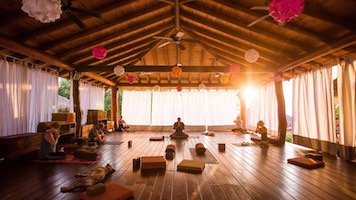
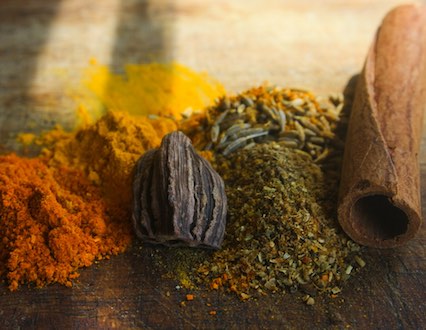

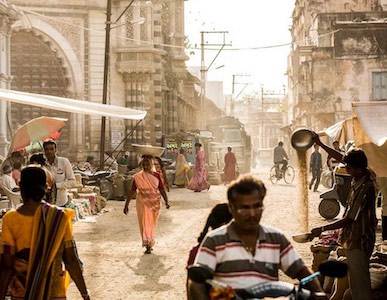
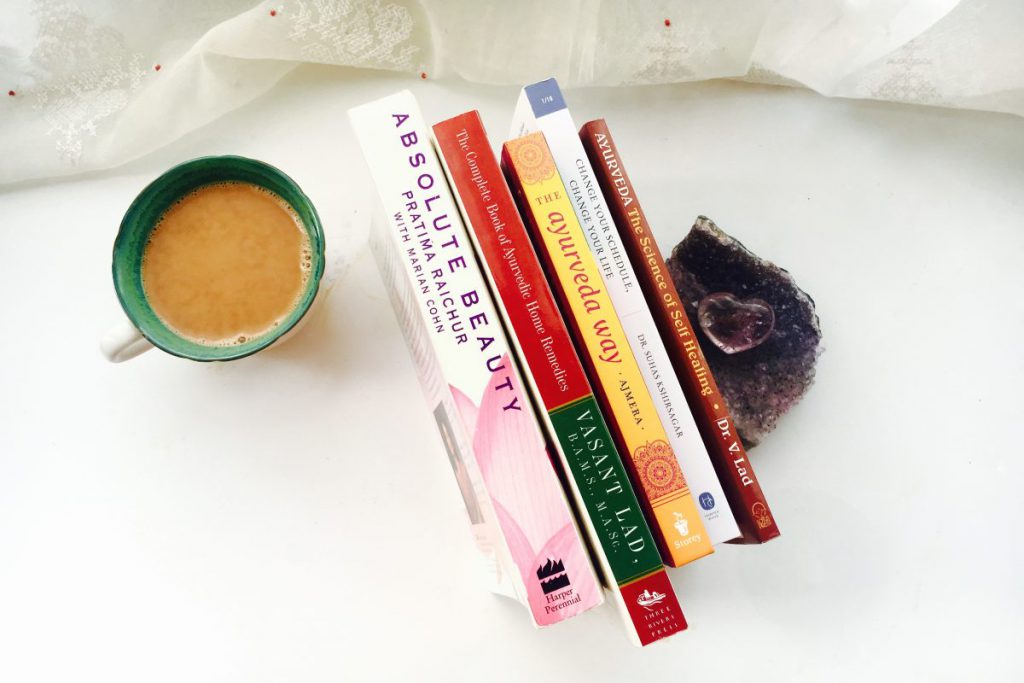
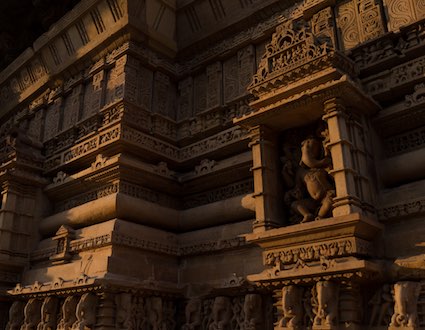

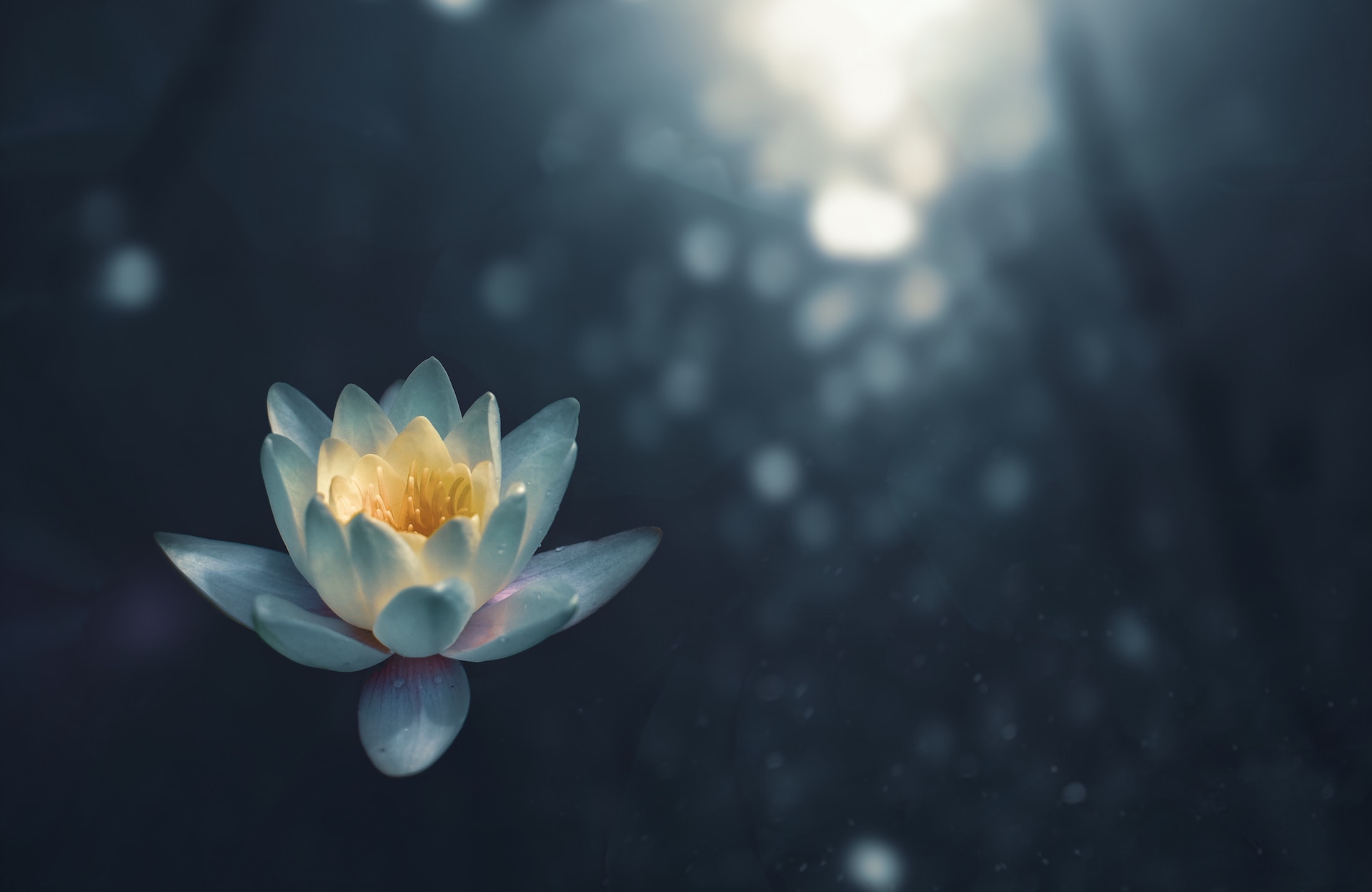

 Sevanti Adventures
Sevanti Adventures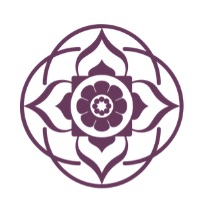 Sevanti Wellness Center
Sevanti Wellness Center